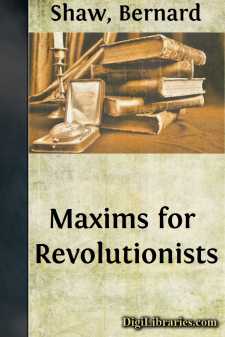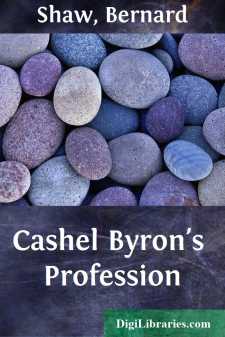Categories
- Antiques & Collectibles 13
- Architecture 36
- Art 48
- Bibles 22
- Biography & Autobiography 813
- Body, Mind & Spirit 142
- Business & Economics 28
- Children's Books 17
- Children's Fiction 14
- Computers 4
- Cooking 94
- Crafts & Hobbies 4
- Drama 346
- Education 46
- Family & Relationships 57
- Fiction 11829
- Games 19
- Gardening 17
- Health & Fitness 34
- History 1377
- House & Home 1
- Humor 147
- Juvenile Fiction 1873
- Juvenile Nonfiction 202
- Language Arts & Disciplines 88
- Law 16
- Literary Collections 686
- Literary Criticism 179
- Mathematics 13
- Medical 41
- Music 40
- Nature 179
- Non-Classifiable 1768
- Performing Arts 7
- Periodicals 1453
- Philosophy 64
- Photography 2
- Poetry 896
- Political Science 203
- Psychology 42
- Reference 154
- Religion 513
- Science 126
- Self-Help 84
- Social Science 81
- Sports & Recreation 34
- Study Aids 3
- Technology & Engineering 59
- Transportation 23
- Travel 463
- True Crime 29
Sort by:
by:
Bernard Shaw
THE GOLDEN RULE Do not do unto others as you would that they should do unto you. Their tastes may not be the same. Never resist temptation: prove all things: hold fast that which is good. Do not love your neighbor as yourself. If you are on good terms with yourself it is an impertinence: if on bad, an injury. The golden rule is that there are no golden rules. The art of government is the organization...
more...
by:
Bernard Shaw
Exception has been taken to the title of this seeming tomfoolery on the ground that the Catherine it represents is not Great Catherine, but the Catherine whose gallantries provide some of the lightest pages of modern history. Great Catherine, it is said, was the Catherine whose diplomacy, whose campaigns and conquests, whose plans of Liberal reform, whose correspondence with Grimm and Voltaire enabled...
more...
by:
Bernard Shaw
Where Heartbreak House Stands Heartbreak House is not merely the name of the play which follows this preface. It is cultured, leisured Europe before the war. When the play was begun not a shot had been fired; and only the professional diplomatists and the very few amateurs whose hobby is foreign policy even knew that the guns were loaded. A Russian playwright, Tchekov, had produced four fascinating...
more...
by:
Bernard Shaw
ACT I Great George Street, Westminster, is the address of Doyle and Broadbent, civil engineers. On the threshold one reads that the firm consists of Mr Lawrence Doyle and Mr Thomas Broadbent, and that their rooms are on the first floor. Most of their rooms are private; for the partners, being bachelors and bosom friends, live there; and the door marked Private, next the clerks' office, is their...
more...
by:
Bernard Shaw
THE REVOLT AGAINST MARRIAGE There is no subject on which more dangerous nonsense is talked and thought than marriage. If the mischief stopped at talking and thinking it would be bad enough; but it goes further, into disastrous anarchical action. Because our marriage law is inhuman and unreasonable to the point of downright abomination, the bolder and more rebellious spirits form illicit unions,...
more...
by:
Bernard Shaw
ANNAJANSKA is frankly a bravura piece. The modern variety theatre demands for its "turns" little plays called sketches, to last twenty minutes or so, and to enable some favorite performer to make a brief but dazzling appearance on some barely passable dramatic pretext. Miss Lillah McCarthy and I, as author and actress, have helped to make one another famous on many serious occasions, from Man...
more...
by:
Bernard Shaw
CHAPTER I At seven o'clock on a fine evening in April the gas had just been lighted in a room on the first floor of a house in York Road, Lambeth. A man, recently washed and brushed, stood on the hearthrug before a pier glass, arranging a white necktie, part of his evening dress. He was about thirty, well grown, and fully developed muscularly. There was no cloud of vice or trouble upon him: he was...
more...
by:
Bernard Shaw
I Moncrief House, Panley Common. Scholastic establishment for the sons of gentlemen, etc. Panley Common, viewed from the back windows of Moncrief House, is a tract of grass, furze and rushes, stretching away to the western horizon. One wet spring afternoon the sky was full of broken clouds, and the common was swept by their shadows, between which patches of green and yellow gorse were bright in the...
more...









